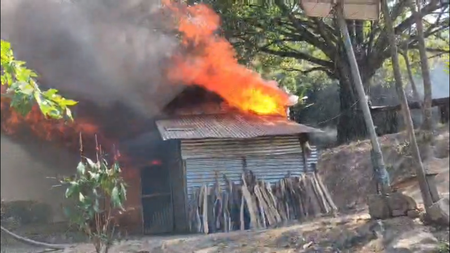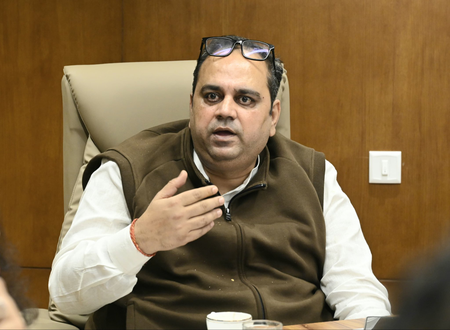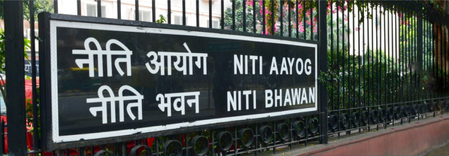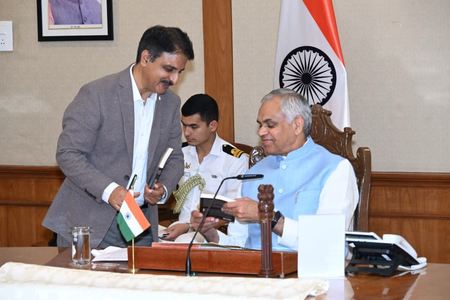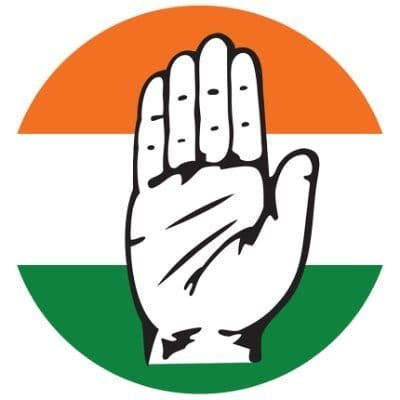
United Nations, July 19 (IANS) Workers delivering relief to northern Gaza, in addition to everyday Gaza challenges, must now coordinate with Israeli authorities before passing through a military checkpoint, UN humanitarians have said.
The UN Office for the Coordination of Humanitarian Affairs (OCHA) said that the routine challenges of working in an active conflict include access constraints, fuel restrictions, an ongoing power blackout and the lack of public order and safety, Xinhua news agency reported.
“During the first 16 days of July, our colleagues coordinated 60 humanitarian missions into the north,” OCHA said.
“Only 24 were facilitated, while 12 were denied access by the Israeli authorities and 20 others were impeded by Israeli troops on the ground. The remaining four missions were cancelled by humanitarian organizations due to logistical, operational or security reasons,” it added.
The humanitarians said the restrictions prevent aid organizations from gaining regular access to the north, where hundreds of thousands of people need humanitarian assistance. It also makes it impossible for humanitarian workers to manage the flow of supplies into Gaza via the Erez West crossing.
OCHA said the UN relief agency for Palestinians, known as UNRWA, reports limited access to hygiene and clean water and increasing rashes and skin diseases across the Gaza Strip. Their teams are providing medication, but the agency warns that without improved conditions, the infections invariably return.
The agency said just 10 of its 26 health centres in Gaza are still operational, although UNRWA’s teams continue risking their lives to provide medical care to needy families.
“We also have an update on the West Bank,” OCHA said. “More than 750 Palestinians have been displaced since the beginning of the year across the West Bank after the Israeli authorities demolished or forced the demolition of their homes due to lack of building permits.”
The office added that more than 600 homes and other structures were demolished during that period. Authorities rarely grant permits to Palestinians in what is known as Area C and in East Jerusalem.
OCHA said when Palestinian homes, mostly in refugee camps of the northern West Bank, were damaged or destroyed during Israeli military operations, more than 740 Palestinians were displaced.
The office said efforts are underway to support families whose homes were damaged during one such operation in the Nur Shams refugee camp last week. An assessment by OCHA and humanitarian partners found that military bulldozers damaged dozens of residential buildings and stores, as well as water and sewage networks.


